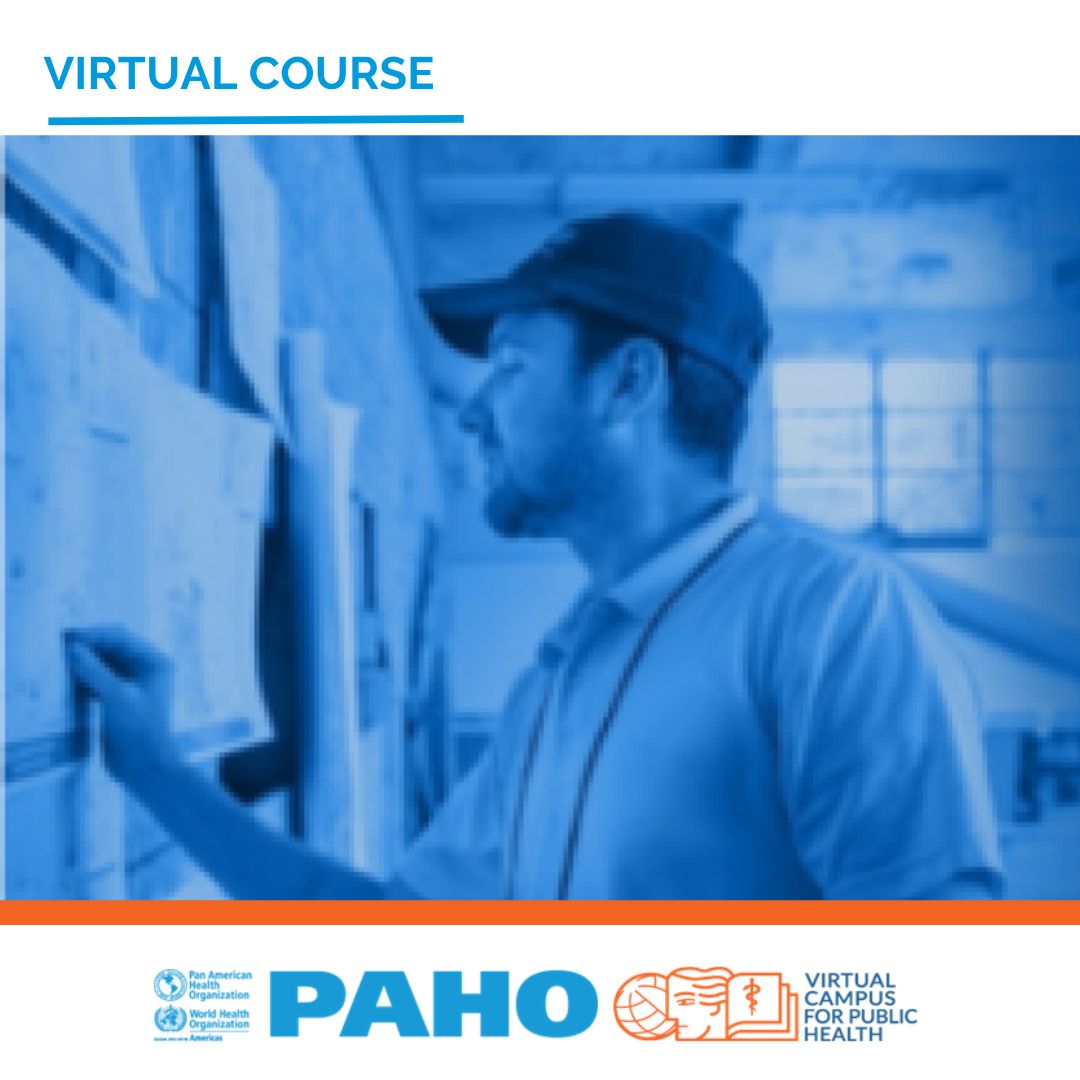
Introduction
From January to June 2021, the Regional Secretariat for Emergency Medical Teams (EMTs) has been teaching this course remotely in response to countries’ expressed need for training to implement Medical Coordination and Information Cells (CICOMs, Spanish acronym), complementing the publication of “Recommendations for implementing the CICOM methodology during the COVID-19 response.” This document is part of the EMT Initiative, which provides technical support in the Region for EMT coordination and information management and Alternative Medical Care Sites (AMCSs) to build clinical care capacity in the countries of the Americas during the current COVID-19 pandemic response.
It is increasingly important in the countries of the Region to establish coordination and support mechanisms for health Emergency Operations Centers (EOCs) to find solutions for the vast number of actions required in emergencies, disasters, and pandemics. The CICOM methodology serves as a fundamental support for EOCs, with the goal of strengthening actions and addressing needs related to information management, coordination, and operational support for EMTs and AMCSs, facilitating decision-making in health EOCs. This is vital in the short term to protect life and alleviate the suffering of affected populations.
This Medical Coordination and Information Cells (CICOM) virtual course offers tools to EMT and AMCS coordination staff for swift and timely preparation and response.
The course covers the following subjects:
- What is a CICOM?
- Methodology
- CICOM functions and roles
- Basic CICOM components
- Considerations when setting up a CICOM
- CICOM toolkit
Purpose
To provide health emergency staff with theoretical knowledge on how to implement the EMT Medical Coordination and Information Cell (CICOM) methodology to support health Emergency Operations Centers.
Objectives
Upon completing the course, participants will be trained in the following subjects:
- Understanding CICOMs and the importance of using this methodology to support health EOC actions.
- CICOM conceptual framework, functions, and roles.
- Identifying basic CICOM components and their respective functions.
- Knowing which CICOM activities to carry out during preparation stages.
- Identifying CICOM actions for information management and coordination in support of health EOCs.
- Understanding CICOM response with EMTs and AMCS to support health EOCs.
- Identifying priority CICOM actions in the EMT and AMCS response cycle.
- Identifying available CICOM tools for information management.
Target audience
This course is designed for all staff involved with the Emergency Medical Teams (EMT) initiative, specifically information management and coordination staff in CICOMs and health EOCs.
Duration
Approximately two hours.
Modality
Self-study course, open to the public. No completion deadlines.
Course structure
|
Sessions |
Topic |
Duration |
|
Session 1 |
Introduction to the course |
Video, 1:50 minutes |
|
Session 2 |
Methodology, CICOM functions and roles |
Video, 6:45 minutes |
|
|
Feedback |
Five-question quiz, 8 minutes |
|
Session 3 |
Basic CICOM components |
Video, 4:00 minutes |
|
|
Feedback |
Five-question quiz, 8 minutes |
|
Session 4 |
Considerations when setting up a CICOM |
Video, 5:45 minutes |
|
|
Feedback |
Five-question quiz, 8 minutes |
|
Session 5 |
CICOM tools |
Video, 7:25 minutes |
|
|
Feedback |
Five-question quiz, 8 minutes |
|
All sessions |
Final exam |
20 questions, 30 minutes |
Assessment and certification
After each session, participants will take a short quiz to strengthen their knowledge.
At the end of the virtual course (five sessions), participants must pass a final exam consisting of 20 questions to cement what they’ve learned and become certified.
The final exam is designed to offer participants multiple chances to respond correctly to obtain a minimum passing score of 70%.
Participants who meet the requirements and complete the Virtual Campus for Public Health (VCPH) Quality Survey will be able to download their course completion certificate issued by the Pan American Health Organization.

